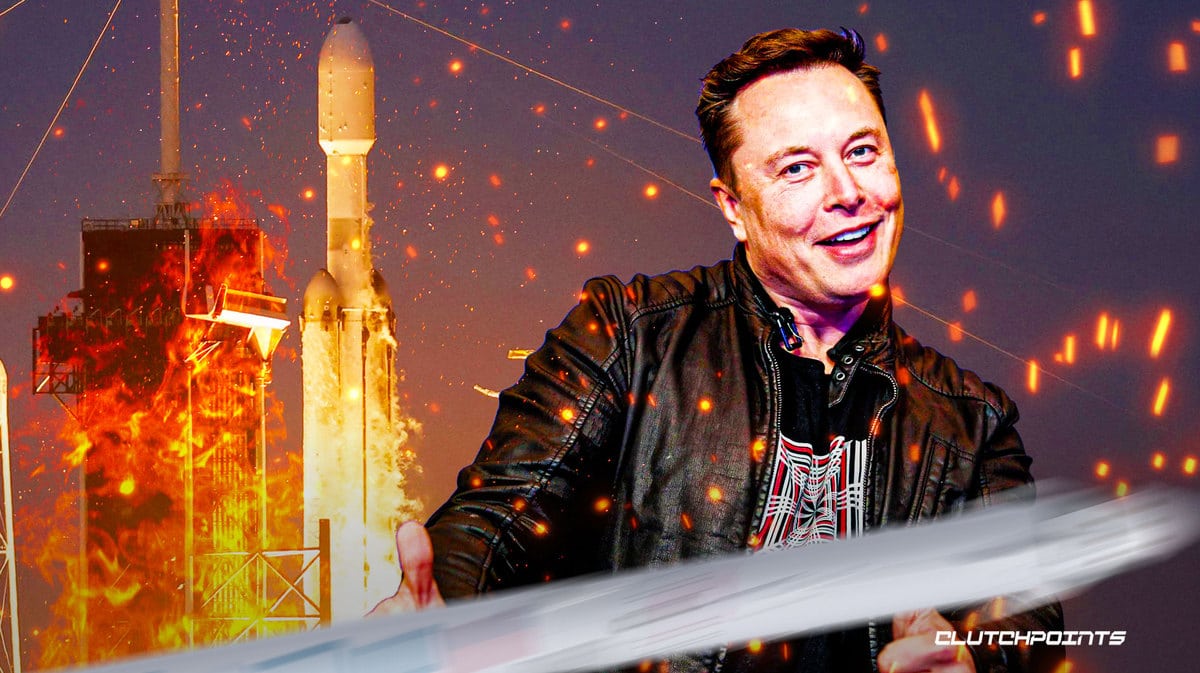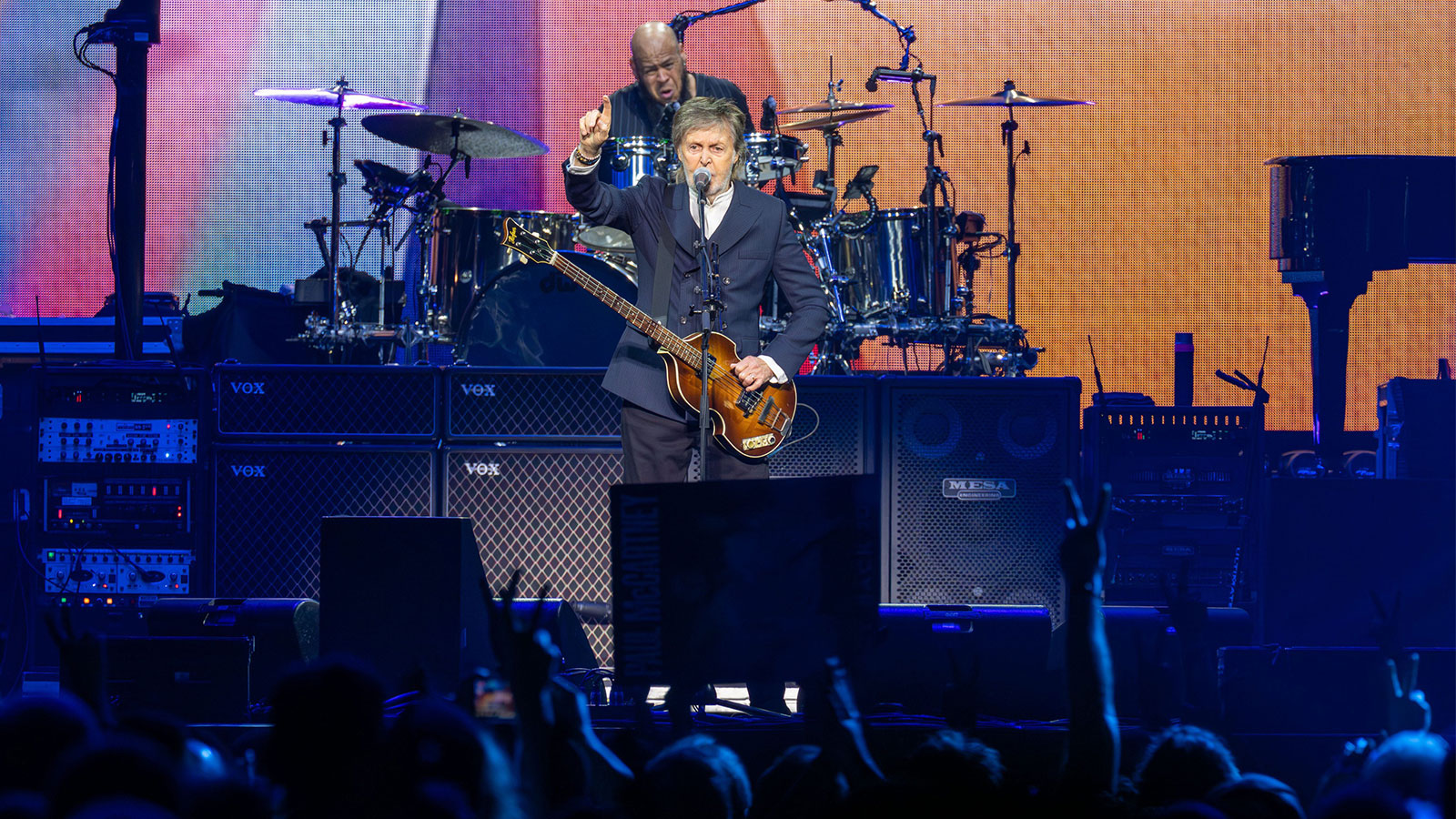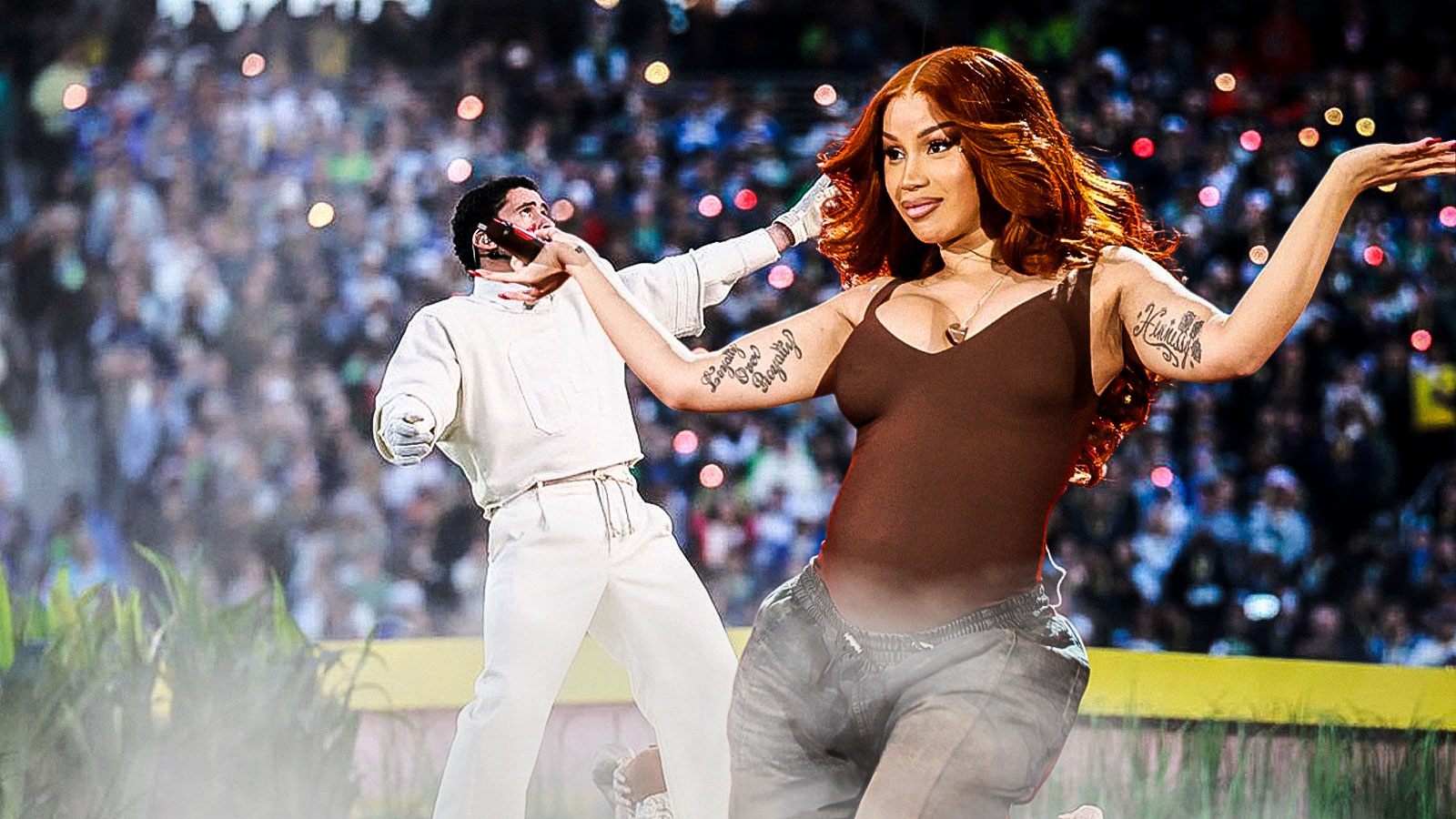Elon Musk's SpaceX Starship rocket was scheduled for its first test launch this morning, Monday, April 17th. Minutes before lift off, SpaceX canceled the launch.
SpaceX, the pioneering private aerospace manufacturer founded by Elon Musk, has been at the forefront of space exploration and innovation. However, even with their groundbreaking advancements, they aren't immune to set backs.
The test launch was part of Musk's ambitious plan to launch its latest Starship and Super Heavy rocket from the company's Starbase outside of Brownsville, Texas. Previous failed test flights included Starship alone, but this time the booster, Super Heavy, was included.
Instead of launching the rocket, the company used the countdown and stream as a wet dress rehearsal, a simulated launch experience. Elon Musk responded in a tweet, saying, “a pressuring valve appears to be frozen, so unless it starts operating soon, no launch today.” He followed up in a tweet that read, “Learned a lot today, now offloading repellant, retrying in a few days…”
A pressurant valve appears to be frozen, so unless it starts operating soon, no launch today
— Elon Musk (@elonmusk) April 17, 2023
Following up on Musk's tweet, Commentator of SpaceX Katie Tice told CBS News, “Any data we can collect today is super helpful, and that's exactly what we're doing. We are continuing to collect this data and allow the team to be better informed for the next attempt.”
SpaceX has a history of pushing the boundaries of space travel with their innovative technology, including the pioneering of reusable rockets such as Falcon 9. However, such advancements also come with their fair share of challenges. Operating in extreme environments, like low temperatures of space or the technicalities of pushing a vehicle at high speeds through the atmosphere, can pose unique difficulties, just like today's.




















